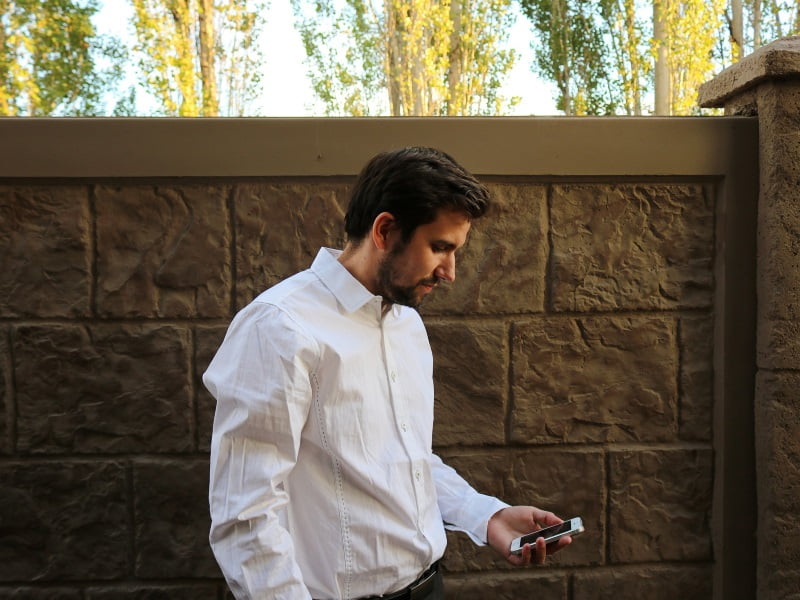
UK youth services are heading for collapse, research into the scale of council cuts since 2012 has suggested.
Some 600 youth centres have been shut, 3,650 youth staff have lost their jobs, and 139,000 youth places have been axed, the report for Unison says.
And information from 180 councils warns of more cuts ahead, and suggests the youngsters most in need are being left with nowhere to turn for support.
The government urged councils to “look at new ways” to secure youth services.
The minister for civil society, Rob Wilson, said local authorities needed “to make sensible savings while protecting frontline services such as youth services”.
“While it is a matter for Local Authorities to decide how best to meet the needs of young people, I urge them to look at new ways to secure youth provision now and long into the future,” he said.
Unison sought information from all UK local authorities with responsibility for youth services on what happened to funding between 2014 and 2016.
‘Increasing isolation’
It received responses from 180 out of a total of 210 authorities and added this to earlier similar research dating back to 2012.
The report, A Future at Risk, said an estimated £387m has been cut from youth service budgets since 2010, adding there is “more of the same for youth services in the years to come”.
“Already we can report that in the year 2016-17 and beyond, there is likely to be at least £26m more cuts in youth service spending, the loss of around 800 more jobs, more than 30 youth centres closed,” it added.
Unison general secretary Dave Prentis said youth workers were tireless in the support they provide to young people, helping them find work and educational opportunity.
He said: “It’s youth services which prevent problems happening in the first place by reducing feelings of isolation among young people and helping teenagers to lead positive lives.
“But they’ve been relentlessly cut and undermined at a time when they are needed more than ever. Youth services are heading for collapse.”
This was “damaging life chances”, he said, especially for poorer youngsters, and he called for the provision of youth services to be required by law.
Unison also surveyed its members working in youth services for the report, on how they saw the changes affecting young people and communities on the ground.
‘Poorest hit hardest’
It reported: “Most strikingly, the overwhelming majority (91%) said the cuts were having a particular impact on young people from poorer backgrounds.
“More than half said there were particular problems for young black people, young lesbian, gay, bisexual and transgender people, and young women.
“So it appears that the cuts have hit precisely those who often need youth services the most.”
One member paints a picture of “increasing isolation and lack of support for young people”, while another reports “an increased risk of young people being caught up in gangs”.
The report said: “Increases in mental health, substance abuse and anti-social behaviour are bound to increase the pressures on statutory services like social care and child and adolescent mental heath services.
“These are added burdens which could be avoided – or at least mitigated – if youth services were maintained.”
The Local Government Association, which represents local authorities in England and Wales, said: “Councils have faced the largest budget cuts in the public sector since 2010, and despite doing all they can to protect the most vital services, it’s impossible to protect everything.”
It highlighted that the government was planning to spend £1.1bn on the National Citizen Service over the course of this Parliament.
But it added: “While this is a good scheme that provides positive experiences for many children and young people, given the scale of cuts to youth service spending highlighted in this report, it is vital that money to run the NCS should not be at the expense of restoring and supporting local services for young people.”
Greet Party leader Natalie Bennett said these findings laid bare the very real damage austerity had done to our communities.
“As a society, we should be prioritising giving young people the best possible start in life. But our government has shown it is willing to slash vital youth services for the sake of short-term cash savings – which is both reckless and short-sighted.”
[Source:- BBC]



















